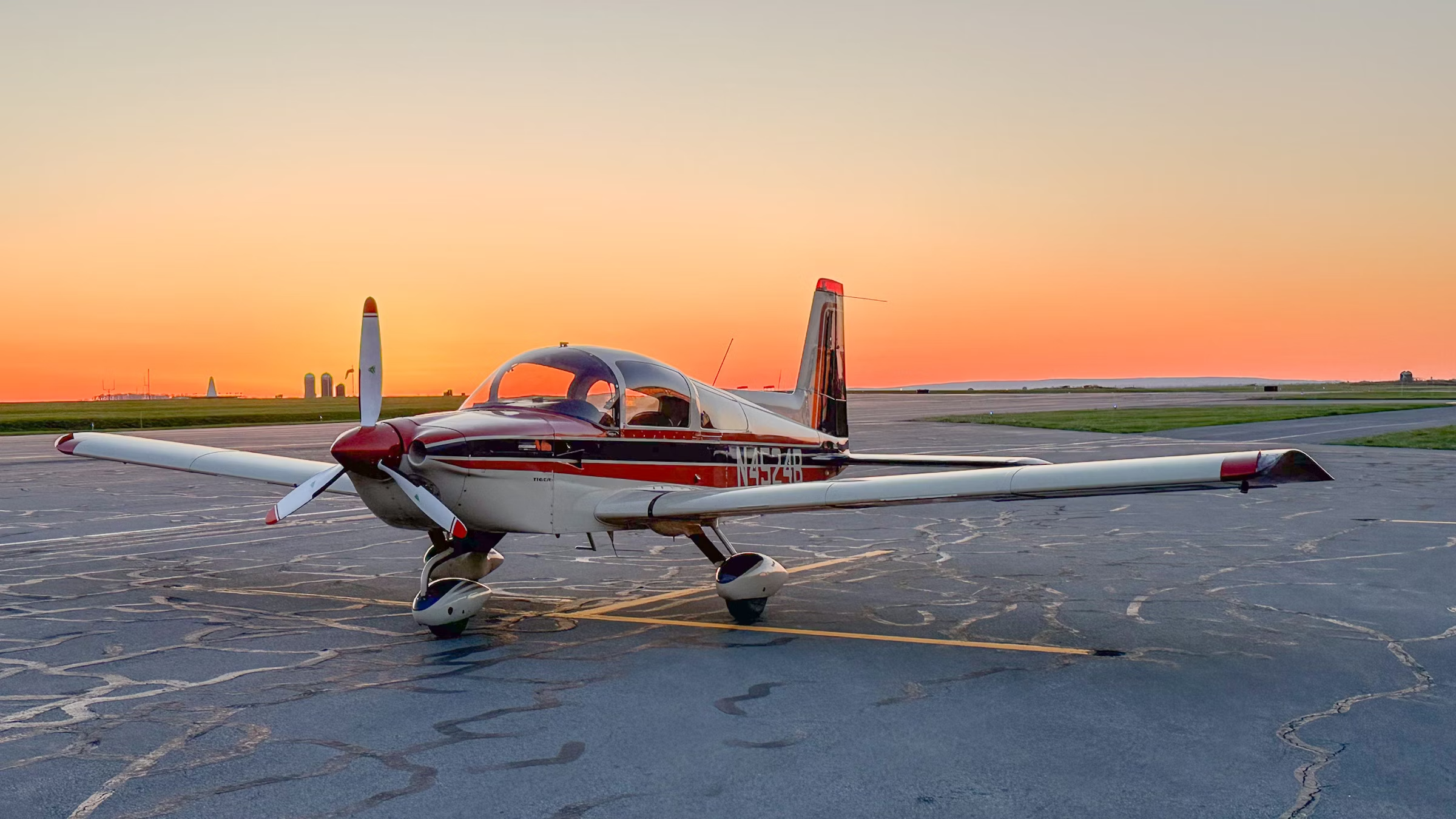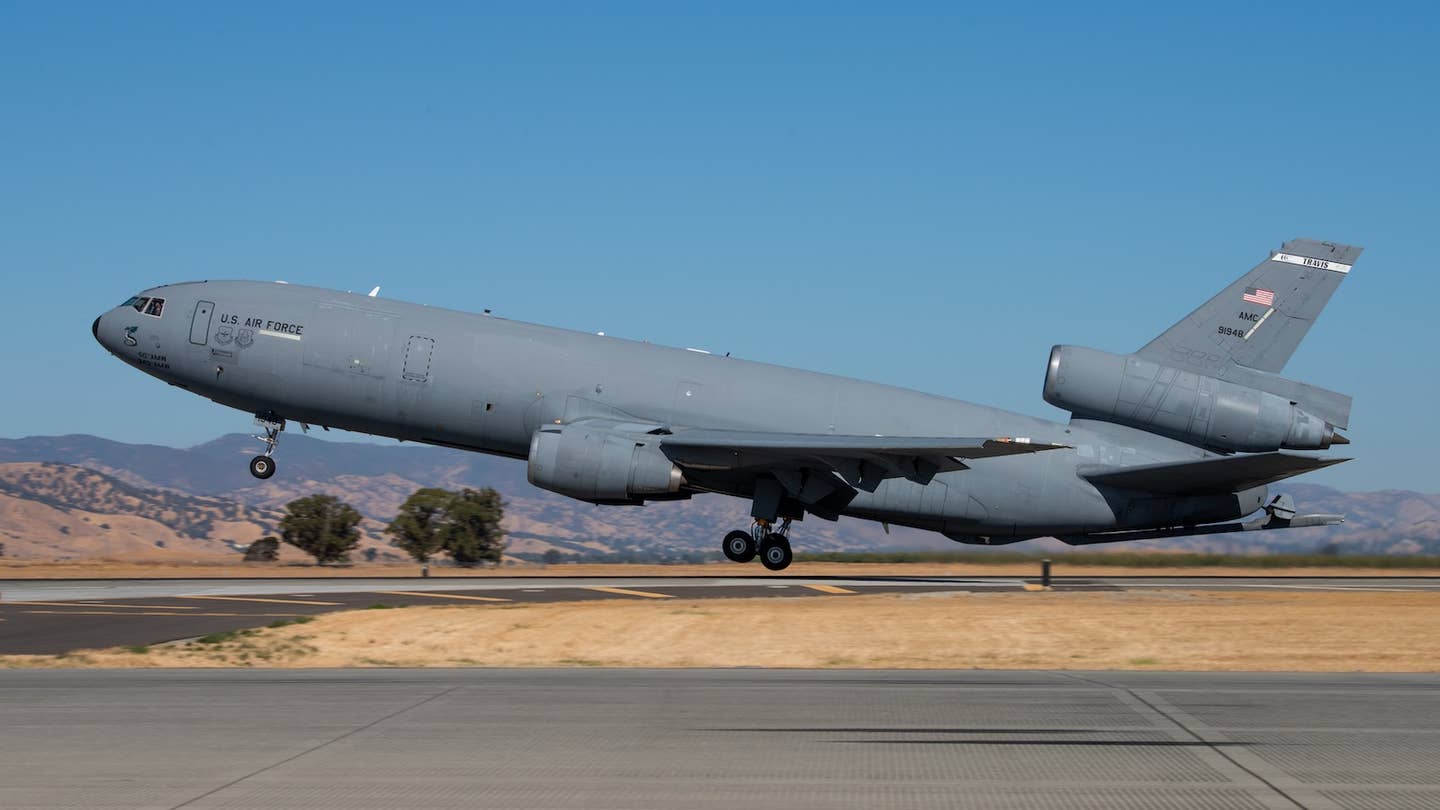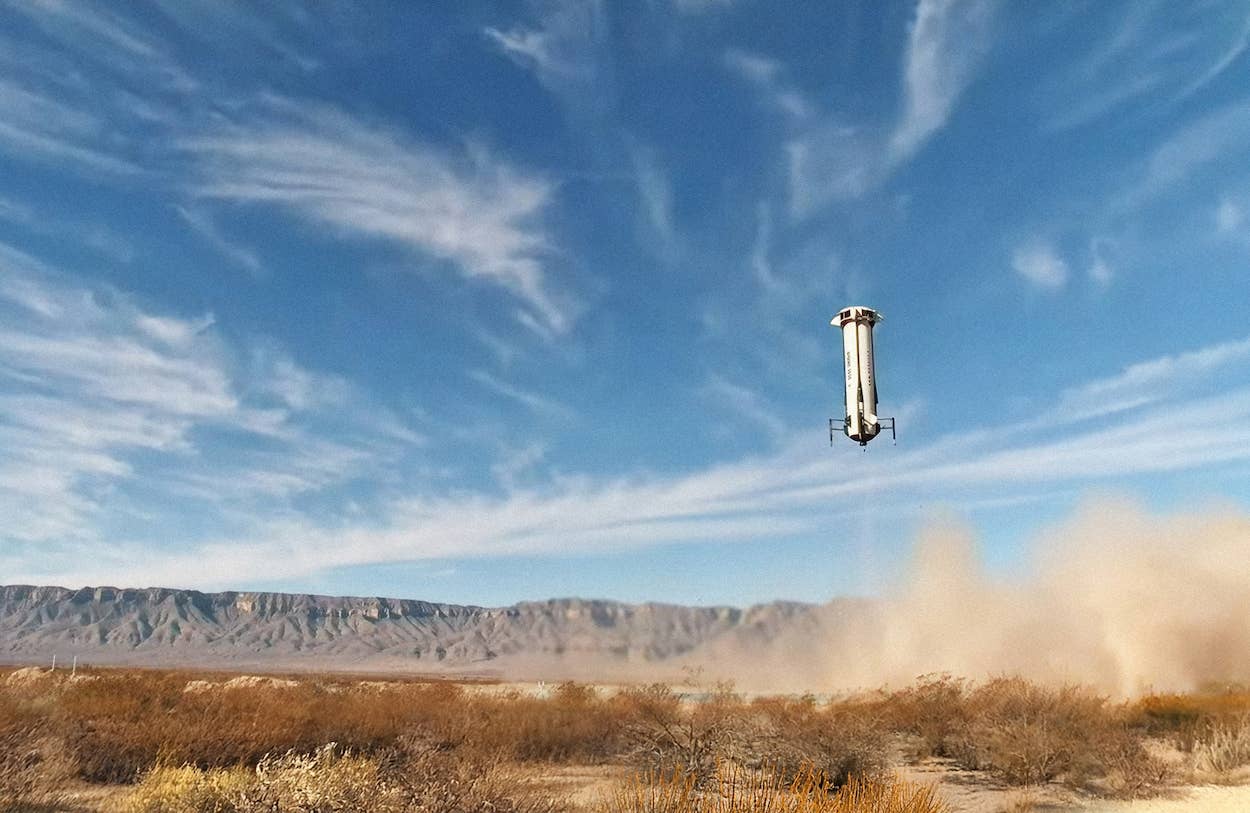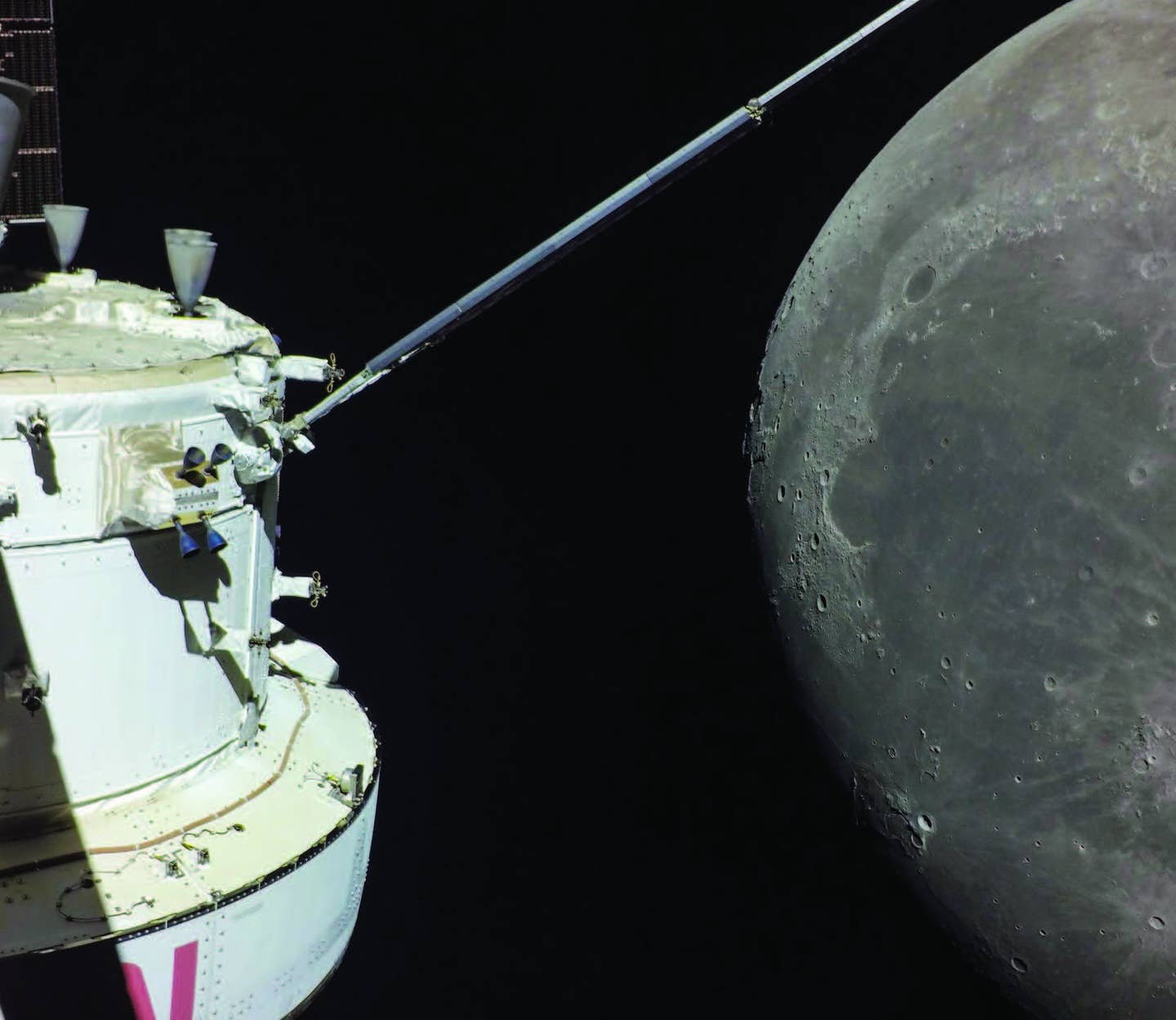Electra Appoints Ex-Boeing Executive as CEO
Boeing former chief strategy officer B. Marc Allen, who held an array of positions with the company for more than a decade, will lead the hybrid-electric aircraft manufacturer.

Ex-Boeing executive B. Marc Allen (right) replaces Electra founder and chairman John Langford as CEO. [Courtesy: Electra]
B. Marc Allen, who held an array of senior leadership positions at Boeing and its subsidiaries between 2007 and 2023, is taking the reins of a smaller company building aircraft that require only the space of a soccer field to take off and land.
Hybrid-electric ultra short aircraft manufacturer Electra, which is backed by investors such as Lockheed Martin and Honeywell, on Friday announced Allen’s appointment as CEO. The former Boeing executive will lead the company as it develops an FAA-certified Part 23 aircraft with a runway requirement of just 150 feet for both airline and helicopter operators.
Allen will replace Electra founder and chairman John Langford, who will remain on the company’s board to focus on long-term strategy.
“My passion has always been about building, coaching, and inspiring high-performing teams,” said Allen. “Electra is at the forefront of revolutionizing air travel with its direct aviation model, bringing air travel closer to where we live, work, and play—without airports, emissions, or noise.”
For a young company among a sea of them developing novel electric, ultra short, or vertical takeoff and landing (VTOL) aircraft designs, securing Allen seems like a big get.
The new Electra boss most recently served as Boeing’s chief strategy officer and senior vice president of strategy and corporate development from October 2020 to December 2023. He oversaw the company’s big picture activities, strategic investments, and acquisitions, including the 2023 restructuring and acquisition of electric air taxi company Wisk Aero.
Allen was also president of Boeing’s Embraer Partnership group, which he planned and led until it was terminated due to the COVID-19 pandemic in 2020. He previously headed the company’s $5 billion customer finance business and led its China business from its Beijing headquarters.
As a member of the firm’s executive council, Allen served as vice president of global law affairs and general counsel for Boeing International. He oversaw company activities across 18 regional offices, working on government affairs, cross-border trade, market development, and other initiatives.
Outside Boeing, Allen is a member of the Council on Foreign Relations, a think tank specializing in U.S. foreign policy. He is also director of the U.S.-China Business Council and U.S.-India Strategic Partnership Forum, which facilitate trade between American firms and those countries, and a trustee of the Trilateral Commission, which encourages business between North America, Europe, and Asia. He is board chairman of nonprofit International Justice Mission.
Allen was drawn to Electra in part by its proprietary propulsion system, which according to the company allows its aircraft to take off at neighborhood driving speeds. The aircraft uses a unique blown-lift architecture, directing air over the wing and into flaps and ailerons that force it downward, amplifying lift. Like Wisk, which piqued Allen’s interest at Boeing, Electra seeks to introduce entirely new capabilities to the industry.
“The thesis at Electra is that it only makes sense to introduce this novel distributed electric propulsion system if it can do something that you couldn’t otherwise do,” Allen told Reuters. “A totally different set of missions that opens up. You can fly goods between warehouses without ever trucking the goods to the airport. You can just land in the parking lot.”
That kind of utility has drawn attention from the U.S. Army, Navy, and Air Force, which have all contracted Electra to get their hands on its technology before commercial customers. NASA too is interested in what the aircraft can do. According to Electra, it surpassed 2,000 aircraft orders in January, including from customers such as JSX, Bristow Group, and JetSetGo.
Electra completed the first hybrid-electric flight of an ultra short demonstrator, the EL-2 Goldfinch, in November 2023. This year, it made two more key flights, taking off and landing with 170 feet of runway in May and again on a 300-foot grass field in July. The company seeks to certify and introduce its aircraft commercially by 2028.
Like this story? We think you'll also like the Future of FLYING newsletter sent every Thursday afternoon. Sign up now.

Sign-up for newsletters & special offers!
Get the latest FLYING stories & special offers delivered directly to your inbox






